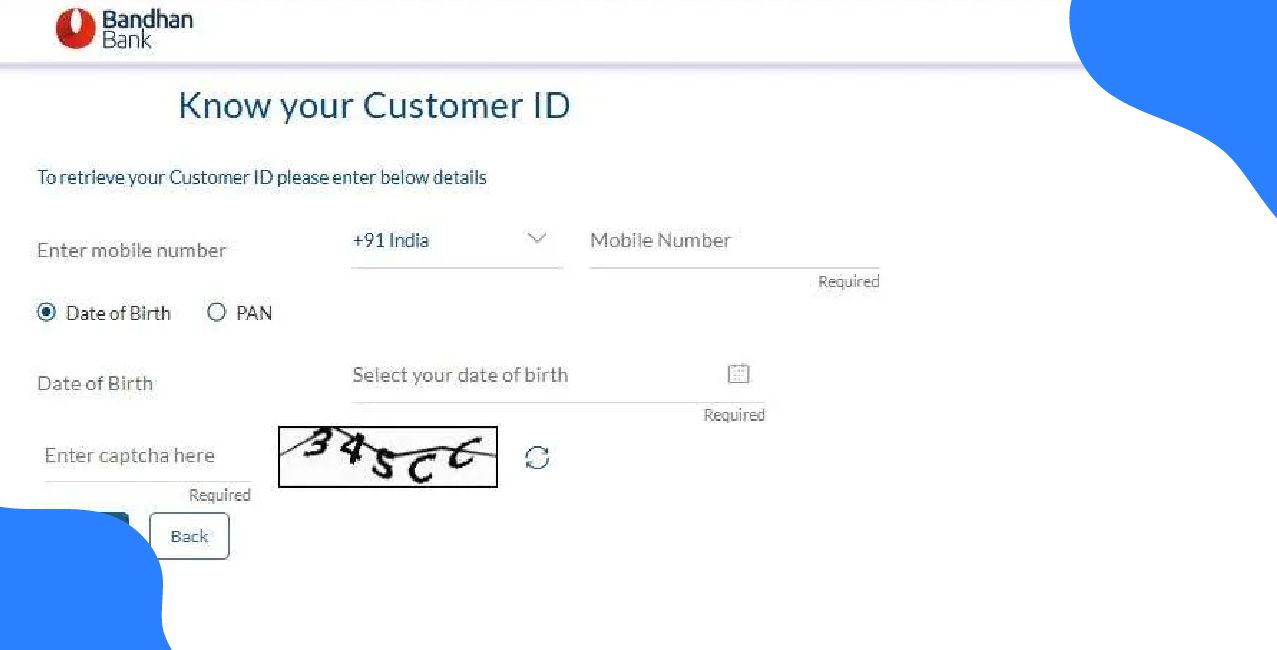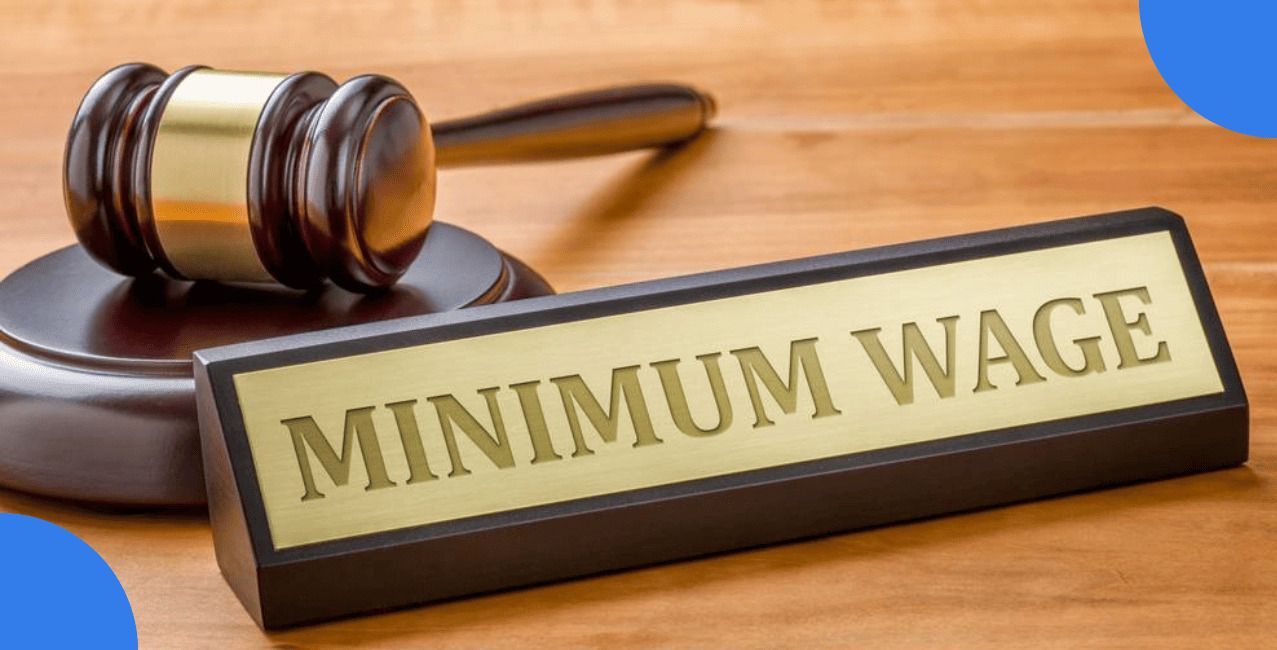What is Long-Term Capital Gain? Meaning, Tax Rates & Exemptions

Check Your Loan Eligibility Now
By continuing, you agree to LoansJagat's Credit Report Terms of Use, Terms and Conditions, Privacy Policy, and authorize contact via Call, SMS, Email, or WhatsApp
Long-Term Capital Gain (LTCG) is the profit one makes when they sell an investment that has been held for a long period, typically over one year. It is assessed at a reduced rate than short-term profit and long-term investing.
Example:
Diwaker made two years' worth of monthly investments of ₹20,000 in a mutual fund, for a total of ₹4,80,000. His initial investment increased to ₹6,00,000 after two years, providing a ₹1,20,000 profit.
Important Tax Rule (LTCG):
Not all ₹1,20,000 is taxed as long-term gains (LTCG).
Each monthly SIP instalment has its own 12-month "holding period" clock.
Only profits from units held over 12 months qualify for LTCG (10% tax above ₹1,00,000).
Units sold within 12 months are short-term gains (taxed at 15%).
What This Means for Diwaker:
If he sells after 2 years, most units qualify for LTCG (since they’re older than 12 months).
But if he sells partially, only older units get LTCG treatment; newer ones (under 12 months) are taxed at a higher rate.
Simple Takeaway:
Mutual fund taxes aren’t as simple as "wait 1 year and pay less tax." Each SIP instalment ages separately! Plan withdrawals carefully to save taxes.
Taxes paid by Diwaker total ₹2,000 (10% of ₹20,000 profit). Investing for the long term keeps taxes low while increasing wealth. This blog helps you save more money by explaining how mutual fund taxes operate.
Taxation on Long-Term Capital Gain
The tax you pay when you sell investments (such as stocks or mutual funds) after holding them for more than a year is known as the Long-Term Capital Gains Tax (LTCG). 10% of profits over ₹1,00,000 are charged.
Read More – What Is Capital Gains Tax? Types, Rates & Exemptions Explained
Example:
Diwaker makes 36 instalments of ₹20,000 per month for three years. Depending on the length of time invested, each ₹20,000 has a different tax rule:
First 24 instalments (invested >1 year ago):
Qualify for LTCG (10% tax)
First ₹1,00,000 profit is tax-free
Last 12 instalments (invested <1 year ago):
Count as short-term (15% tax)
No ₹1,00,000 exemption
Important: You can't just look at the total ₹2,30,000 profit! Each monthly investment's profit must be calculated separately based on its exact holding period.
Key Tax Rules for LTCG on Mutual Funds (Equity):
Minimum Holding Period: More than 1 year to qualify for LTCG.
Tax-Free Limit: The First ₹1,00,000 profit in a financial year is tax-free.
Tax Rate: 10% on gains above ₹1,00,000.
Tax Calculation for Diwaker:
Taxable Gain = ₹2,30,000 (Profit) – ₹1,00,000 (Exemption) = ₹1,30,000
Tax = 10% of ₹1,30,000 = ₹13,000
Final Advice:
Diwaker keeps ₹2,17,000 profit after tax (₹2,30,000 – ₹13,000).
Long-term investing reduces tax burden compared to short-term trading.
(Note: Tax rules may vary for debt funds, real estate, etc.)
Exemption on Long-Term Capital Gain
When you make profits from long-term investments (held >1 year), the government gives you special options to reduce or delay your tax bill. Here are two powerful methods:
1. Section 54EC Bonds (Tax-Free Reinvestment)
What? Special bonds where you can park your capital gains
Benefit? Pay ZERO tax if you reinvest within 6 months
Limit: ₹50,00,000 per year
Lock-in: 5 years
Example: If Diwaker invests ₹3,30,000 profit in these bonds, he pays no tax now!
2. Capital Gains Account Scheme
For? When you need time to buy new property
How? Deposit gains in a special bank account (up to 2-3 years)
Benefit? Tax is deferred until you withdraw.
Multi-Year Tax Planning
The ₹1,00,000 per year exemption can't be carried forward
But you can spread sales across years to use multiple exemptions
Pro Tip:
Use these tools together! For ₹10,00,000 gains:
Claim ₹1,00,000 exemption this year
Invest ₹5,00,000 in 54EC bonds
Pay tax only on the remaining ₹4,00,000
(Note: Always consult a CA for your specific case.)
Why This Matters?
These options help you keep more of your hard-earned profits while staying legal. The government rewards patient investors!
How to Calculate Long-Term Capital Gain (LTCG)
Long-Term Capital Gain (LTCG) is the profit you make when selling investments (like stocks or property) after holding them for over 1 year (or 2+ years for real estate).
Diwaker's Property Sale Example:
Bought land in 2018: ₹20,00,000
Sold in 2023: ₹35,00,000
Held for 5 years (qualifies as long-term)
How Indexation Works:
The government provides Cost Inflation Index (CII) numbers each year:
CII for 2018-19: 280
CII for 2023-24: 348
Indexed Cost = Original Price × (Current Year CII / Purchase Year CII)
= ₹20,00,000 × (348/280)
= ₹24,80,000 (this is your inflation-adjusted purchase price)
Now, let's see the tax calculation:
Without indexation, Diwaker's profit would be ₹15,00,000 (₹35,00,000-₹20,00,000). But thanks to indexation, he pays tax only on ₹10,20,000, saving ₹96,000 in taxes.
Remember: Indexation is your friend when calculating long-term capital gains on property. Always use it to reduce your tax bill legally!
Also Read -Smart Tax-Saving Strategies for Salaried Individuals
Key Considerations for Investors
Smart investing requires understanding key elements: risk assessment, fee structures, and tax implications, especially for long-term investments.
Diwaker's Investment Journey:
Diwaker invested ₹10,000 monthly in a mix of equity and debt funds for 5 years.
His portfolio grew to ₹8,00,000, but market fluctuations affected returns.
He needs to consider these factors before making investment decisions.
Important Factors for Investors:
Investment Horizon: Longer holding periods typically yield better returns and tax benefits.
Risk Appetite: Equity offers higher growth but more volatility than debt funds
Tax Efficiency: Understand LTCG rules and exemptions to maximise returns
Diversification: Spread investments across asset classes to reduce risk
Costs Matter: High expense ratios in funds can eat into your returns
Financial Goals: Align investments with specific life objectives like retirement or education.
Diwaker came to the realisation that the secret to accumulating wealth and lowering risk and taxes is to be patient and to plan well. Regular reviews will keep his investments aligned with his goals.
Conclusion
Profits from the sale of investments such as stocks, mutual funds, or real estate after more than a year (or more than two years for real estate) are known as long-term capital gains, or LTCG. The good news? Patience is rewarded by the government! In addition to the ₹1,00,000 tax-free allowance you receive annually, taxes are lower (10–20%) than for short-term gains.
When it comes to real estate, "indexation" reduces your taxable profit by adjusting your purchase price for inflation. You can further lower your bill by making beneficial decisions like reinvesting in tax-saving bonds (54EC).
The most important lesson? Longer investment holding periods result in lower taxes and greater wealth growth. To save legally, always use exemptions, check holding periods, and speak with a CA. Have fun with your investments!
FAQs
Can I avoid paying tax on my stock market profits completely?
While you can't avoid it entirely, reinvesting in special tax-saving bonds (54EC) within 6 months lets you delay or reduce the tax.
Do I need to pay tax every time I sell some mutual fund units?
Only if you make profits. Each sale is treated separately based on how long you held those particular units (over or under 1 year).
What happens if I forget to account for inflation in my property sale?
You might end up paying more tax than needed. Always use indexation: it legally reduces your tax bill by accounting for rising prices over time.
Is there any benefit to spreading my sales across different years?
Yes! The ₹1,00,000 yearly exemption doesn't carry forward. Selling portions in different years can help use multiple exemptions.
How do I prove how long I've held my investments?
Your broker or mutual fund statement shows purchase dates. For property, keep your sale deed and registration documents safe.
What if I sell some investments at a loss?
These losses can be used to reduce your taxable profits from other sales, but only if you file your taxes correctly.
Do I have to file LTCG on my tax return?
Yes, even if tax is deducted (like in property sales), you must report LTCG in your ITR for compliance.
Can losses reduce my LTCG tax?
Yes, long-term capital losses can be set off only against LTCG (not against salary/other income) and carried forward for 8 years.
Other Related Pages | |||
About the author

LoansJagat Team
Contributor‘Simplify Finance for Everyone.’ This is the common goal of our team, as we try to explain any topic with relatable examples. From personal to business finance, managing EMIs to becoming debt-free, we do extensive research on each and every parameter, so you don’t have to. Scroll up and have a look at what 15+ years of experience in the BFSI sector looks like.
Subscribe Now
Related Blog Post
Recent Blogs
All Topics
Contents
Quick Apply Loan
Consolidate your debts into one easy EMI.
Takes less than 2 minutes. No paperwork.
10 Lakhs+
Trusted Customers
2000 Cr+
Loans Disbursed
4.7/5
Google Reviews
20+
Banks & NBFCs Offers
Other services mentioned in this article



.png)




